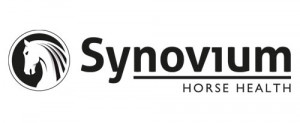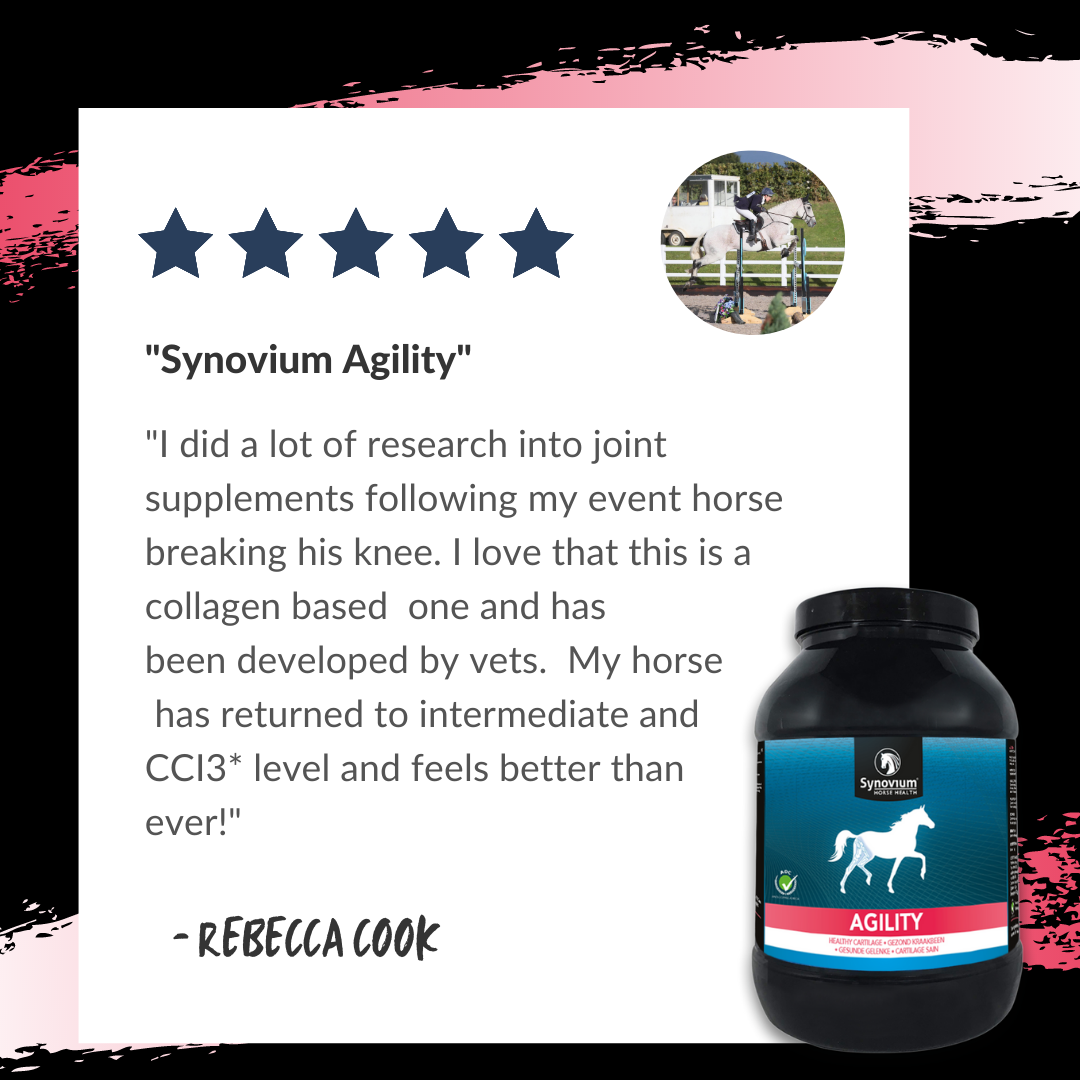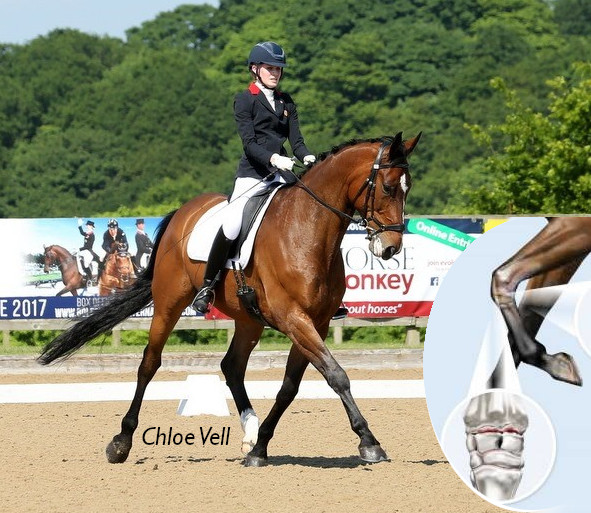Posted: 30th June 2021 | Back to news feed

Synovium’s head vet, Drs SHL Donker DVM says; ‘Arthritis is one of the most common ailments we see affecting horses, especially in later life.’ Arthritis can present itself in horses of any age, but it is usually more common in senior horses. The chronic progressive form, known as Degenerative Joint Disease, or osteoarthritis is the most common form of arthritis and progresses over time.
Osteoarthritis (OA) refers to a degeneration of the articular cartilage and bone of the joint. This leads to pain, lameness, and restricted mobility. More than 60% of equine lameness is based on OA (Caron & Genovese 2003)
Equine arthritis can affect any high motion joint in the body but is usually most prevalent in the lower, weight bearing joints (fetlocks, coffin bones, and hocks)
Joints explained.
A joint connects two or more bones. Most joints in the body are mobile, allowing the bones to move in relationship to each other. Joints are held together by the joint capsule; the thin inner lining of the joint capsule is the synovial membrane which produces synovial fluid to lubricate the joint.
The ends of the bones are covered by a smooth layer of articular cartilage. Cartilage is made up of two major components, 60% Collagen (Type II) and 30% proteoglycan.
Looking out for the signs of arthritis
Early detection and treatment are crucial, here are some signs to look out for:
- Stiffness that gets better as your horse warms up.
- Lameness or pain on flexion.
- Swelling around a joint.
- Difficulty getting up and down.
- Change in behaviour
Treatment of arthritis in horses
There is still no known cure for osteoarthritis (OA) today. The goals of an optimal arthritis treatment are to improve quality of life by minimizing pain and discomfort and in addition to help slow down the progression of joint degeneration.
Management is important, ensure you maintain your horse’s ideal bodyweight preventing unnecessary strain on joints and muscles. Maintain a good exercise routine which should be appropriate for your horse’s age and fitness level.
Several clinical studies in dogs and horses have demonstrated the efficacy of a Bioactive Collagen Peptide (BCP®) treatment in the management of OA.
The nutritional supplement Synovium® Agility helps address the cause of the disease by supporting the stimulation of joint cartilage metabolism. Helping to slow down the progression of osteoarthritis (OA) and break the vicious cycle of joint degeneration. Consequently, supplementation of Bioactive Collagen Peptides can help to improve and maintain joint health in horses and contribute towards preserving mobility and quality of life.
www.synovium.co.uk
www.synovium.co.uk/products/synovium-agility/

The Equestrian Index newsfeed is compiled from articles submitted by advertising members and expresses the opinions of those members. Watsons Directories Ltd shall not be held liable for any inaccuracies or mis-statements therein.
